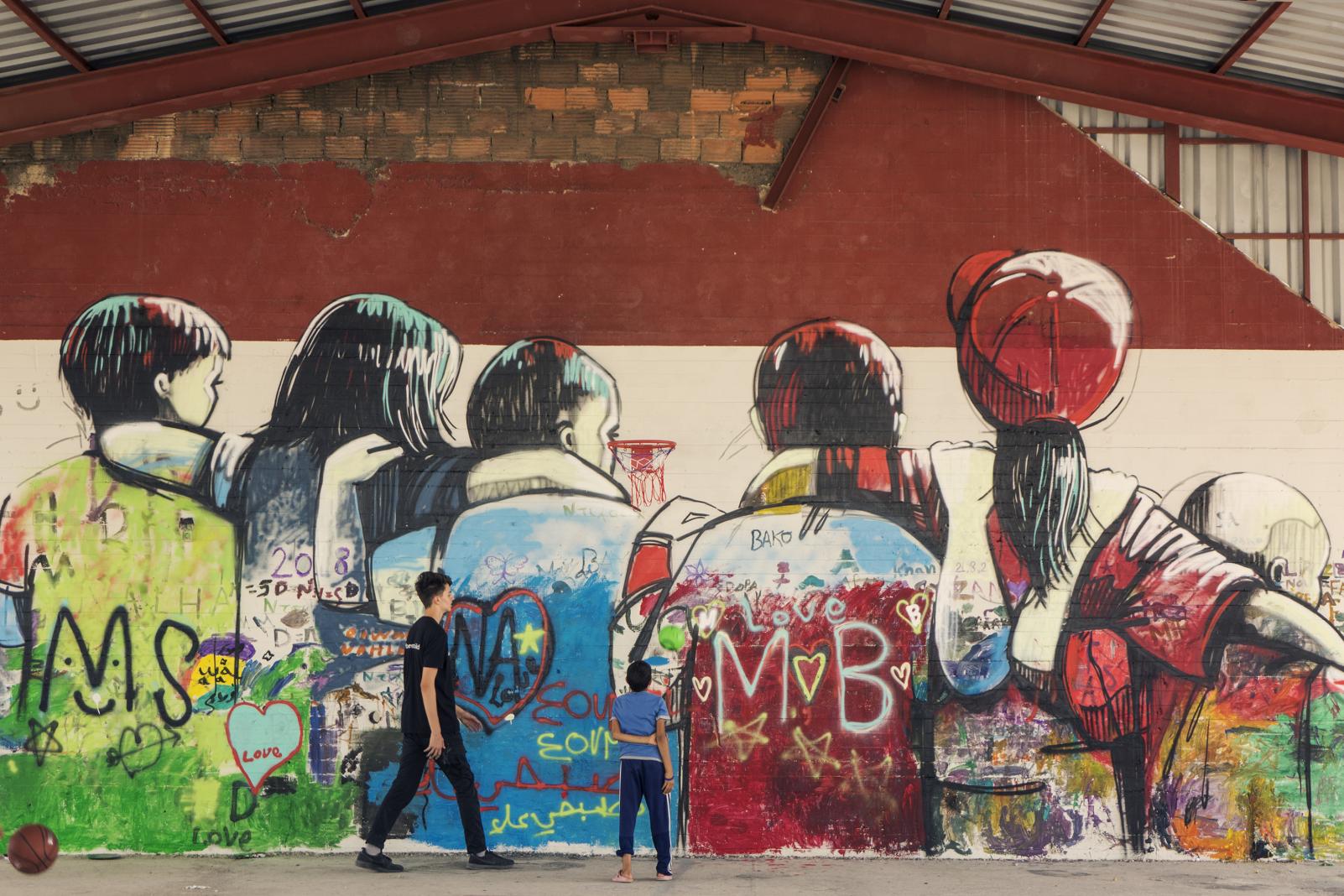Having a place that can be called home is a universal need and a human right. Individuals fleeing violence and asking for asylum in the European Union strive to be safe and rebuild their lives step-by-step in a country they do not know
They are often separated from the people they love and have little certainty about their future. Housing is therefore the gateway to integration and enjoying adequate living conditions is an essential factor of successful social inclusion.
At the EU level, material reception conditions, including accommodation, are guaranteed to applicants for international protection. (1)
However, throughout the process of applying for asylum, there are several situations in which individuals are left homeless. This can happen before they are able to submit their asylum application, during the application process, or at the end of it, not only because of a rejection of their demand but also in case of obtention of international protection.
According to EU law, Member States must implement policies to prevent the discrimination of beneficiaries of international protection and ensure equal opportunities regarding access to accommodation. (3)
However, nothing binds the Member States to make sure that newly-recognized refugees do not become homeless. A maximum length of stay at the accommodation centers in which they were residing as asylum applicants often applies for beneficiaries of international protection. This implies that those who have not found a place to live, within the period allowed, become homeless.
Moreover, since they do not have a factual residence, they might be excluded from accessing social assistance to which, according to EU law, they are entitled. Homeless and without resources, their chance to integrate is seriously jeopardized.
The case of Greece is of particular interest. The national welfare system is not adequately equipped to host and support recognized refugees, with the lack of any social housing provision for both locals and newcomers being a fundamental gap.
As of January 2019, there is no concrete framework for the accommodation and integration of recognized refugees, with the National Integration Strategy not having been officially voted in by the Greek parliament. As of this date, planned accommodation programs for recognized refugees have not reached their implementation stage.
All these mean that there is no organic pathway from the emergency accommodation of asylum seekers and recognized refugees to programs designed to facilitate the integration of newcomers and the desired subsequent self-sufficiency.
Until now, recognized refugees were given a perpetually extended grace period, in some cases for more than 18 months, and continued to be supported by the European Commission-funded ESTIA programme (DGs ECHO & HOME)4.
The program is managed by the Greek Ministry of Migration Policy, along with UNHCR, and implemented by local authorities and national and international NGOs.
As of 31st March, it is expected that people hosted in the ESTIA programme for more than 18 months will begin “exiting” the program, without the provision of further accommodation. Exceptions are to be made for highly vulnerable cases.
We are concerned that the planned exits from the ESTIA programme, without appropriate accommodation provisions in place, might result in a rising number of homeless families and individuals.
This is particularly worrisome as it might cause an interruption in their integration process, interrupting their children’s school education and potentially denying access to social services due to the lack of a legal address.
FEANTSA and the Greek Network for the Right to Shelter and Housing urgently demand that the European Commission ensures that housing continuity is provided to all individuals who go through an asylum application.
People who arrive in the EU to ask for asylum must be immediately provided with adequate accommodation and must not be left without a housing solution at the end of the asylum process.
We urge the EC and the Greek Government not to put an end to the eligibility of recognized refugees for the ESTIA program until an operational accommodation and integration pathway is in place, so as to ensure the continuity of integration efforts.
(1) Directive 2013/33/EU laying down standards for the reception of applicants for international protection
(2) For instance, in December 2018, Belgium left people in the streets by imposing a daily quota of asylum applications that could be submitted
(3) Directive 2011/95/EU on standards for the qualification of third-country nationals or stateless persons as beneficiaries of international protection, for a uniform status for refugees or for persons eligible for subsidiary protection, and for the content of the protection granted





